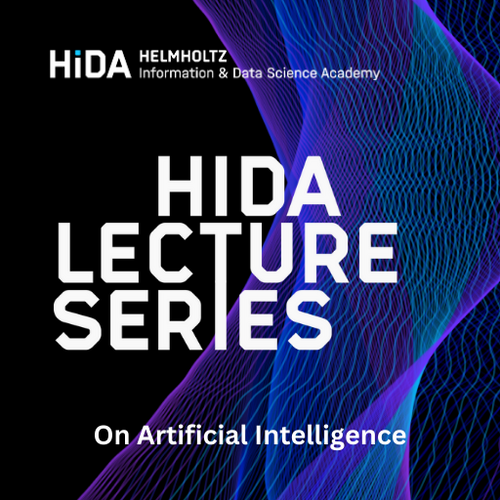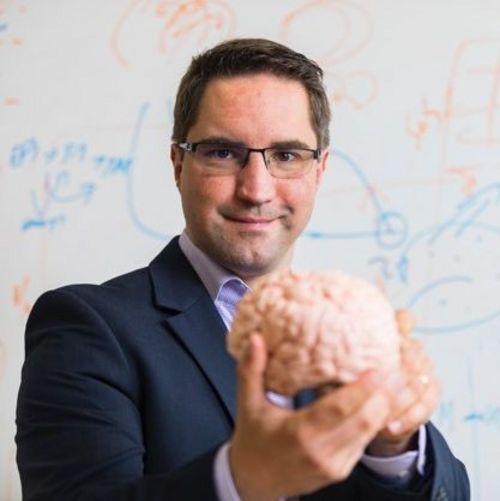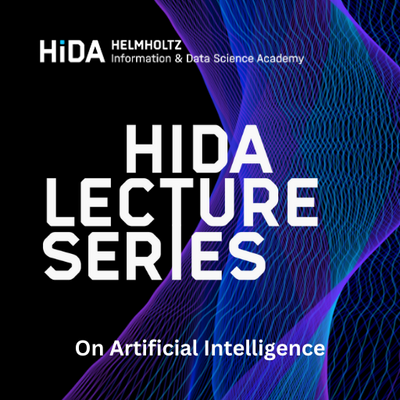HIDA Lecture: Machine Learning for Precision Medicine
Speaker: Simon Eickhoff, Forschungszentrum Jülich (FZJ)
Date: 18.02.2025, 11:00 am
Title: Machine-learning for precision medicine: Avenues and Roadblocks
Abstract
The long predominant paradigm in clinical neuroscience has been to compare markers of brain structure, function or connectivity between groups, or to correlate these to behavioral phenotypes. Over the last decades, the increasing availability of large cohorts and tools for multivariate statistical learning, allowing the prediction of individual cognitive or clinical phenotypes in new subjects, started a revolution towards applications in precision medicine.
While the field has enjoyed a lot of enthusiasm recently, with medical and non-medical applications on the horizon, the road towards translation and re-life applications may be considerably more challenging than often acknowledged. Following a short overview on the motivation and perspectives, the major part of this talk will be focus on several critical yet often underappreciated challenges for such endeavors. These include on the one hand technical and biological aspects that may undermine the validity of prediction results, due to the inherent low-dimensional structure of biological variability.
On the other hand, ethical, legal and societal aspects will ultimately shape practical adaptation but need stronger consideration in the development of new pipelines if these are to move beyond proof-of-concept work.
Simon Eickhoff
Simon Eickhoff is a full professor and chair of the Institute for Systems Neuroscience at the Heinrich-Heine University in Düsseldorf and the director of the Institute of Neuroscience and Medicine (INM-7, Brain and Behavior) at the Forschungszentrum Jülich. He is furthermore a visiting professor at the Chinese Academy of Science Institute of Automation.
Working at the interface between neuroanatomy, data-science and brain medicine, the he aims to obtain a more detailed characterization of the organization of the human brain and its inter-individual variability in order to better understand its changes in advanced age as well as neurological and psychiatric disorders. This goal is pursued by the development and application of novel analysis tools and approaches for large-scale, multi-modal analysis of brain structure, function and connectivity as well as by machine-learning for single subject prediction of cognitive and socio-affective traits and ultimately precision medicine.





